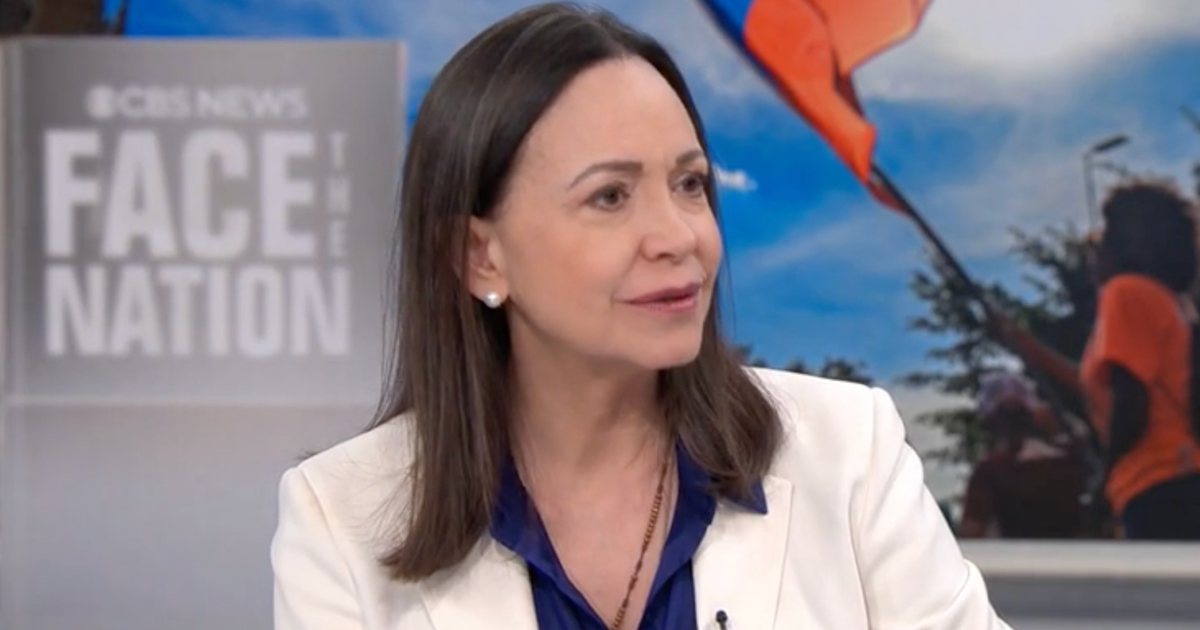
There are 1,210 completed homes which cannot be occupied because of delays in the work of the government's building safety regulator, Sky News can reveal.
The safety inspection regime created in the wake of the Grenfell tragedy, which claimed 72 lives, is "not fit for purpose", according to those who depend on its work.
Politics Hub: Follow live updates
Sky News has visited an empty block of 99 flats in west London where future residents - who have purchased the properties - have been unable to move in for over a year because of the lack of regulator approval.
New data obtained exclusively by Sky News through a Freedom of Information request shows the extent of the issue.
As of 1 August, there is "no decision" on eight applications covering 1,210 completed new residential units. For sites yet to be built, there are 156 applications with no decision, covering 34,965 new residential units.
Sir Keir Starmer says economic growth is his top priority and the 1.5 million new homes target this parliament is a key part of this agenda. But two years after its creation, the government agency has come under fire for failing to fulfil vital functions in a timely manner.
After complaints, the regulator has already faced one overhaul, and will shortly move from part of the Health and Safety Executive (HSE) to become an arm's length body which is part of Angela Rayner's Ministry of Housing, Communities and Local Government. But developers say they are still struggling to get answers from the body.
Sky News has conducted an analysis of public data and found the backlog growing.
New buildings ought to be signed off within a 12-week period, but Sky News found the percentage of applications determined inside that window is falling - from 47% at the end of September last year, to 32% by the end of March.
In a statement, leading financial analyst S&P said delays by the regulator are pushing up building costs and making it harder to deliver the key government target.
Chris Williamson, chief business economist at S&P, said: "We have received anecdotal feedback from a few companies regarding the Building Safety Act, indicating that some may be experiencing challenges related to orders. This could contribute to an increase in costs within the construction sector, which is already facing financial pressures."
In an apparent admission of the issues, the government told Sky News it is now in the process of recruiting over 100 new staff to strengthen capacity by the end of the year.
In a statement to Sky News, the building safety regulator (BSR) itself said it had been a complex task creating a new safety body post Grenfell, in such a short time, and improvements are already being made.
It said: "BSR is working closely with industry to deliver safer, higher-quality buildings while advancing a culture of excellence in building safety."
Executives from the BSR will appear before a Commons Select Committee later today. It also points the finger at property developers for failing to submit paperwork correctly. The industry vehemently rejects the claim, saying there are few guidelines of what to submit and the BSR makes little attempt to clarify what it wants.
A bad sign
However, problems persist.
Sky News saw how in one newly built property in Acton, west London, the sign-off for a building by the BSR was delayed in part because a sign was two millimetres too small and all the signs had to be changed.
This has contributed to a 14-month delay in a green light for residents to move in.
According to the Federation of Master Builders and the Chartered Institute of Building, 38% of developers believe planning delays are the number one issue.
Developers have told Sky News the agency was meant to speed up approvals by ending a system where they have to bring in external consultants to approve the application, but this has not yet happened.
Jon Spring, the managing director of Fairview Homes, said: "We currently have three applications that are delayed within the BSR. The current dates we're looking at, that they've given us, one is six months, one is nine months, and one is 12 months. Clearly extremely different to the original three months that the process is supposed to take.
"That makes forecasting for when we're going to start on site very difficult. We have tens of millions of pounds tied up in the three sites that we're waiting to develop. And inevitably, the holding costs of those are considerable and affect the viability of the project."
Mr Spring said the delays could make building unviable.
"If you look at each of our projects have been delayed, if […] it's going to take 25% longer to deliver that project, that means that our productivity is ultimately reduced by 25%. That would be the same for all developers and therefore the reduction in housing that's been delivered will be considerable."
Developers 'won't touch' high-rises
Jamie Lester, an estate agent from Haus Properties, said: "The government are encouraging property developers to build, build, build, and just get on with it - I think that's what Keir Starmer said.
"But when there are buildings like this that can't be signed off for over a year and are costing property developers, in this instance, £100,000 a week, I don't understand.
"The government won't encourage property developers to build like this any more. I know many property developers who won't touch high-rise buildings at the moment simply because the building safety regulator can't get their act together and sign these buildings off."
Read more from our politics experts:
PM's 'Mr Fix-it' may be a recipe for conflict
Home secretary bids to seize limelight from Reform
'High standards'
A spokesperson for the HSE said: "Protecting residents, making sure there is never another tragedy like Grenfell, has been our priority throughout this process. Setting up a new regulator has been complex, and huge progress has been made in a short time. The construction industry must meet standards that will keep residents safe in high-rise buildings.
"The recently announced innovation unit is the result of ongoing discussions between industry and BSR to uphold high standards. BSR is working closely with industry to deliver safer, higher-quality buildings while advancing a culture of excellence in building safety."
'It has turned out to be a disaster'
Some have blamed the government, not the regulator itself. The boss of one major house building company, who did not want to be named, said ministers aren't willing to face up to reality.
"Regulation comes from the government and the regulator is implementing the rules," they said. "Their mandate is nothing to do with housing supply so it's up to ministers to balance that. All the house builders said this would be a disaster and funnily enough it has turned out to be a disaster."
A government spokesman from the housing department said problems were already being tackled and safety was important: "We've announced a package of reforms to reduce delays, including a fast track process to speed up new build decisions."
They added 100 new staff were being employed.















-3.png)



